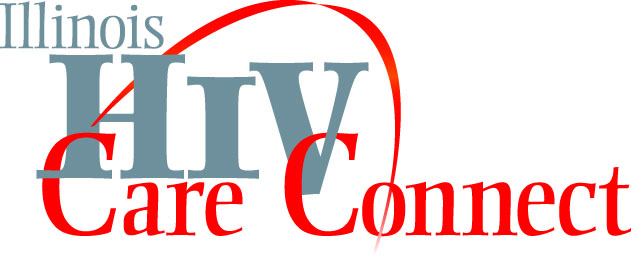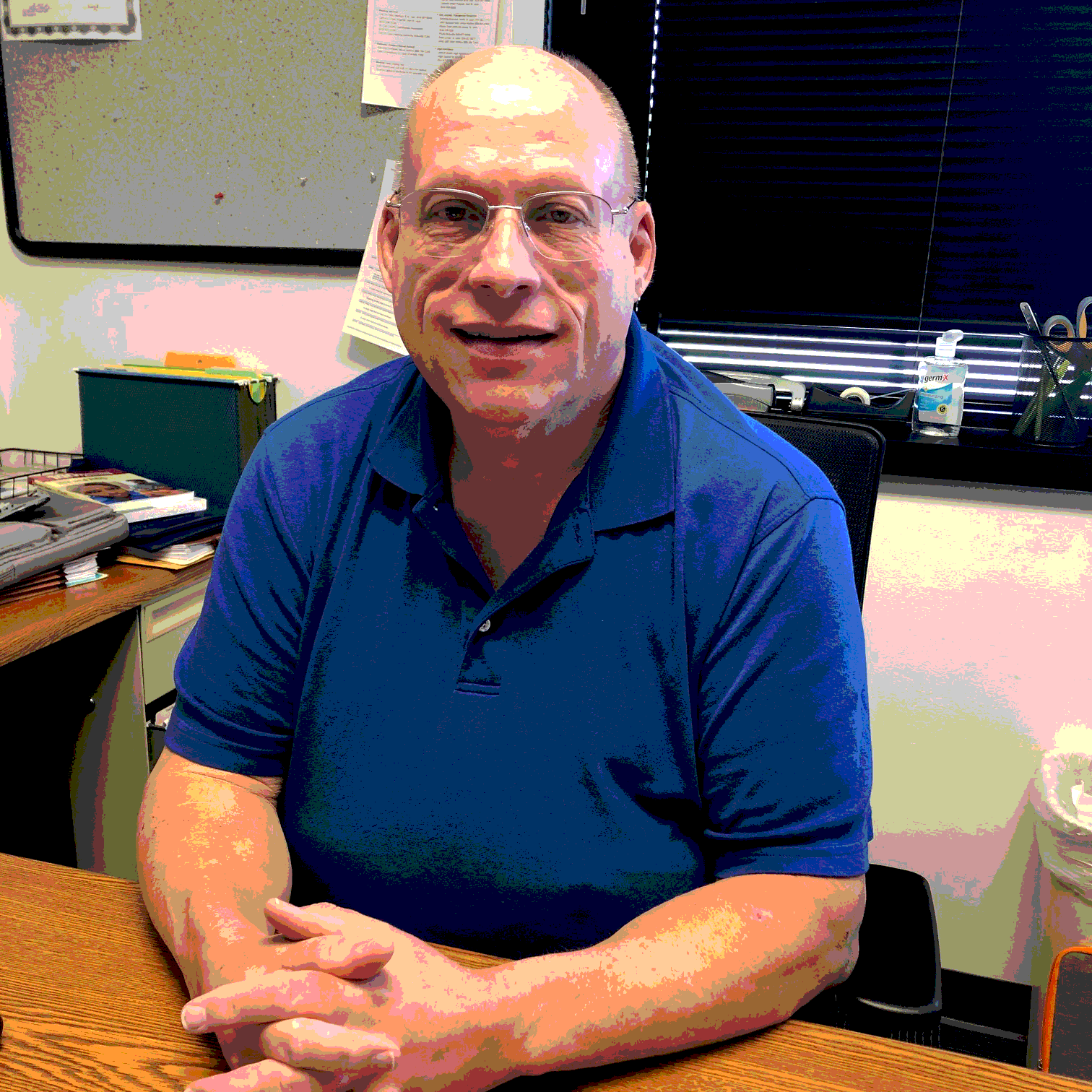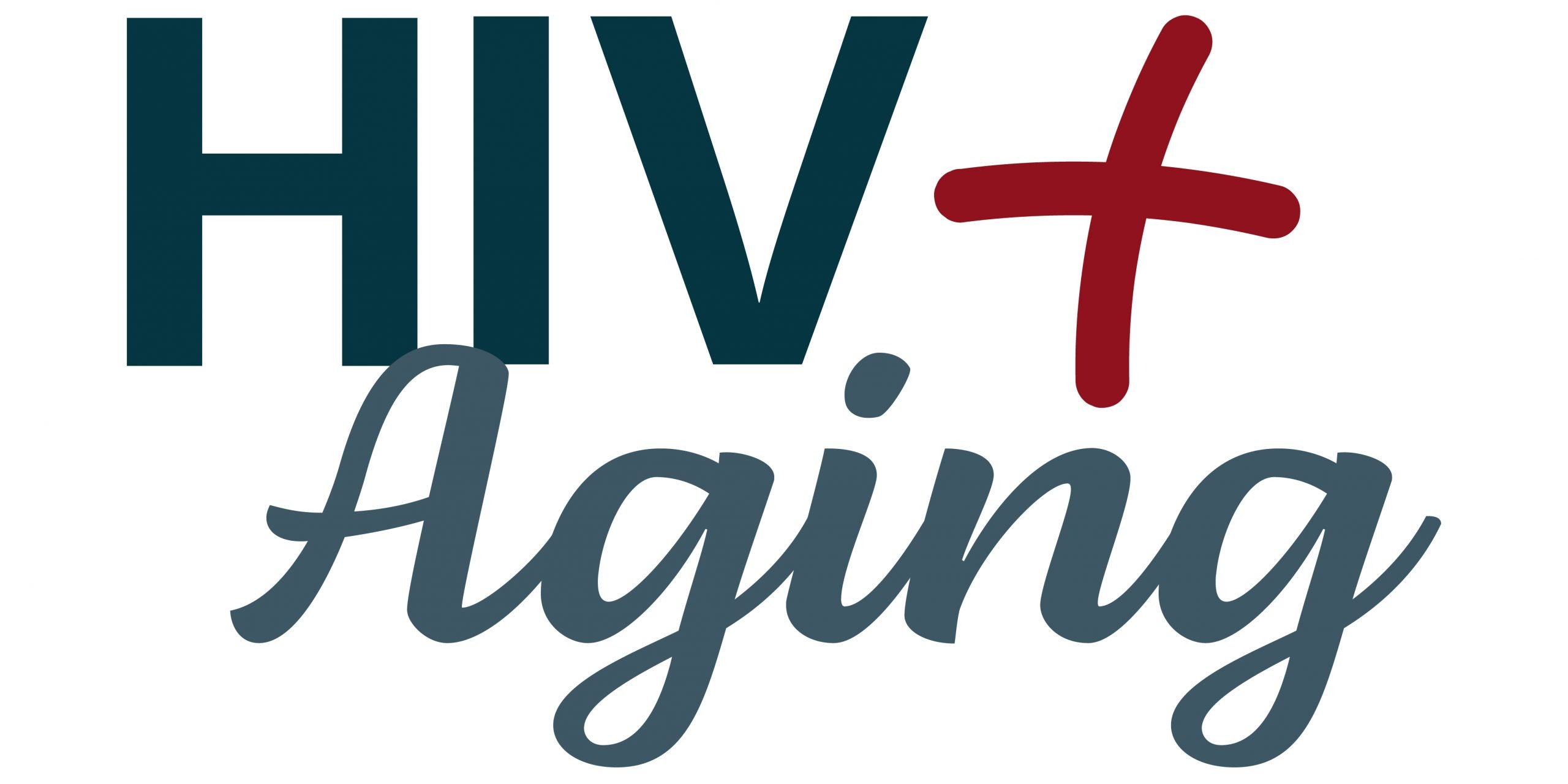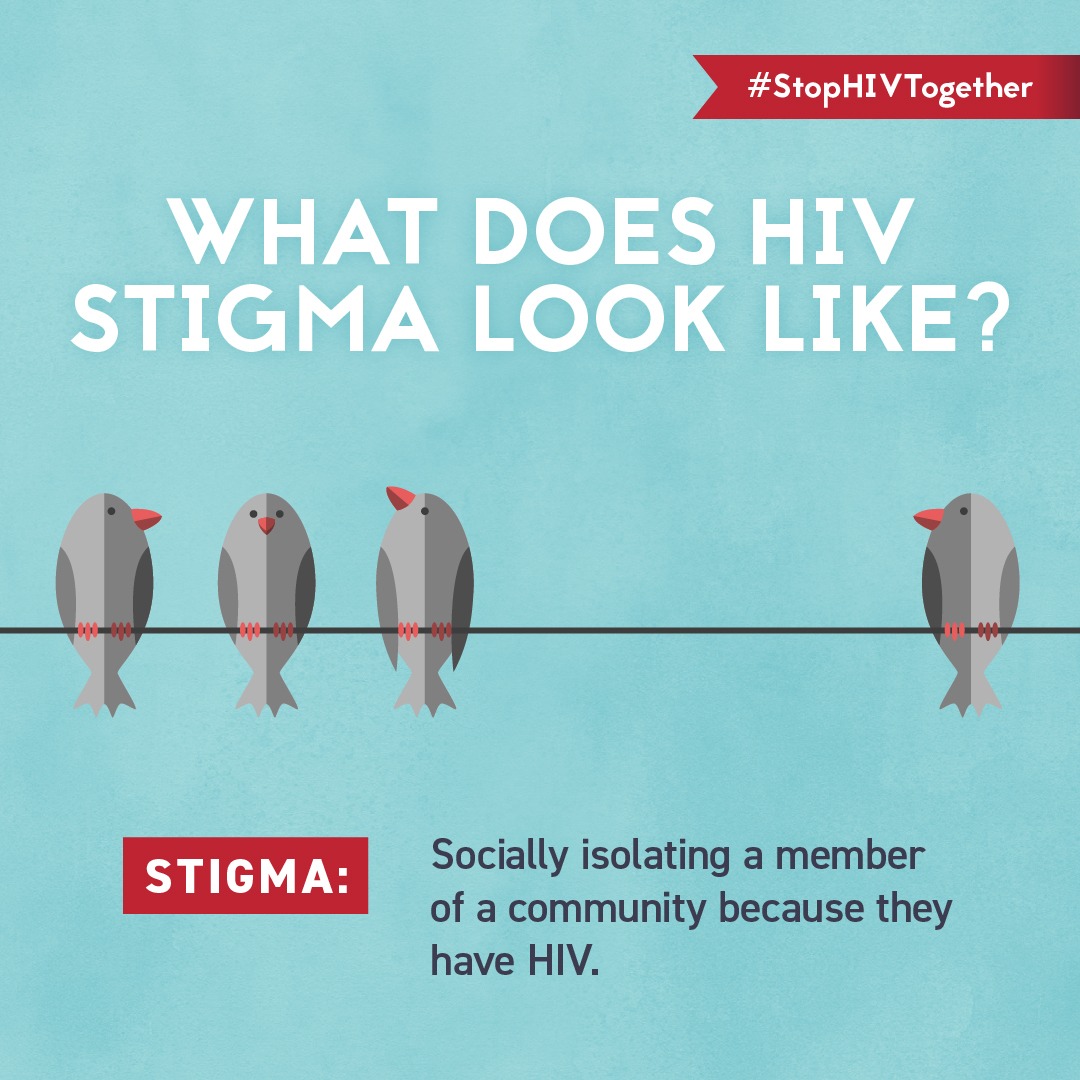Larry
Interviewed in August 2020
Q: Why do you think stigma exists? What do you think are the root causes of stigma?
A: A lot of it I think has to do with our tendencies as human beings. We stick with what we know, we stay with our own kind, and we socialize with people who are similar to ourselves. I also think it’s a lack of education and also a lack of compassion for others. When those who are fearful of the unknown are confronted with something else that is perceived negatively, they don’t want to be associated with whatever it is because they don’t have the education or because they’re afraid of it. People still don’t know that HIV isn’t easily transmitted, so we have clients who come in and the first thing we have to do is find out what they know and what they believe so we can bring them up to date. People remember what they saw even 10 years ago, 15 years ago, and it’s completely different now.
People still don’t know that HIV isn’t easily transmitted, so we have clients who come in and the first thing we have to do is find out what they know and what they believe so we can bring them up to date.”
Q: Has HIV stigma had a negative impact on your life and how so?
A: Not for a very long time. I’ve been HIV positive almost 30 years. Early on, the biggest example that I know of is that when I was diagnosed, my doctor called and said “You have HIV and I can’t help you anymore. Go find somewhere else.” So from the very beginning, I’ve been very careful about finding proper service providers and that’s usually by word-of-mouth. I’ve never really experienced outward discrimination and I’ve been very fortunate in that, but I learned early on that disclosure is not a one-time deal and that every time I meet someone, I have to figure out “do they need to know, do I want them to know, is it even necessary.” So unless it’s related to my HIV care, people don’t need to know.
I learned early on that disclosure is not a one-time deal and that every time I meet someone, I have to figure out “do they need to know, do I want them to know, is it even necessary.”
Q: Earlier, you said that you haven’t experienced it for a long time, and it sounds like that has more to do with the way you’ve kind of managed your own disclosure and conversations with people versus the way that the people around you have changed. Would you say that’s probably accurate?
A: Yeah, I think so. I think there is still stigma. I don’t think it’s as outward as it used to be – I think it’s mostly internalized. Rarely do I see – and it does happen sometimes, but not nearly as often – someone being actively discriminated against because of their HIV except in the area of employment.
Q: Do you still see hesitancy from your clients sometimes?
A: Yes, a lot. People are afraid what the results are going to be when they come in. Some of my newly diagnosed clients are just paralyzed. They don’t know what to do next. Others are okay. The people who are more educated about HIV and talk about it amongst their friends or know someone who has HIV are much more comfortable than people who are diagnosed and it’s brand new to them. People put off getting tested because they don’t want the results, they don’t want to deal with it, and they don’t think they can adapt.
The people who are more educated about HIV and talk about it amongst their friends or know someone who has HIV are much more comfortable than people who are diagnosed and it’s brand new to them.”
Q: We kind of already discussed this in that you believe that stigma is more internalized now than it was in the past, but from whom have you experienced stigma? Have you experienced stigma from healthcare professionals, employers, family members, friends or acquaintances?
A: For me, I’ve had a lot of healthcare over the last 30 years and I really never had any stigma that I perceived by any of my healthcare providers. My family is supportive. I think professionals are more educated now. But I do still have clients who come in who got sick, took off work, and they feel like they have to tell their employer and the next thing you know, they’re getting fired.
Q: What do you think needs to be done to overcome HIV stigma?
A: I think getting people used to talking about HIV and spreading awareness that we’ve got options that will keep you alive longer. Though we don’t have a cure, it’s certainly manageable, and I think that lessens some of the stigma; however, I don’t think our current education is broad enough. Look at the problems we have with PrEP uptake and providers willing to prescribe PrEP. It’s a battle, and I think education and exposure will help.
I think getting people used to talking about HIV and spreading awareness that we’ve got options that will keep you alive longer.”
Q: How would overcoming stigma benefit a person living with HIV?
A: Well, I definitely think that it would improve a person’s mental health. There’s a lot of stress involved with not only dealing with HIV as a medical condition, but with navigating your life around it. I think it will allow people to focus on getting their HIV managed and then just moving on with their long-term goals in life.









